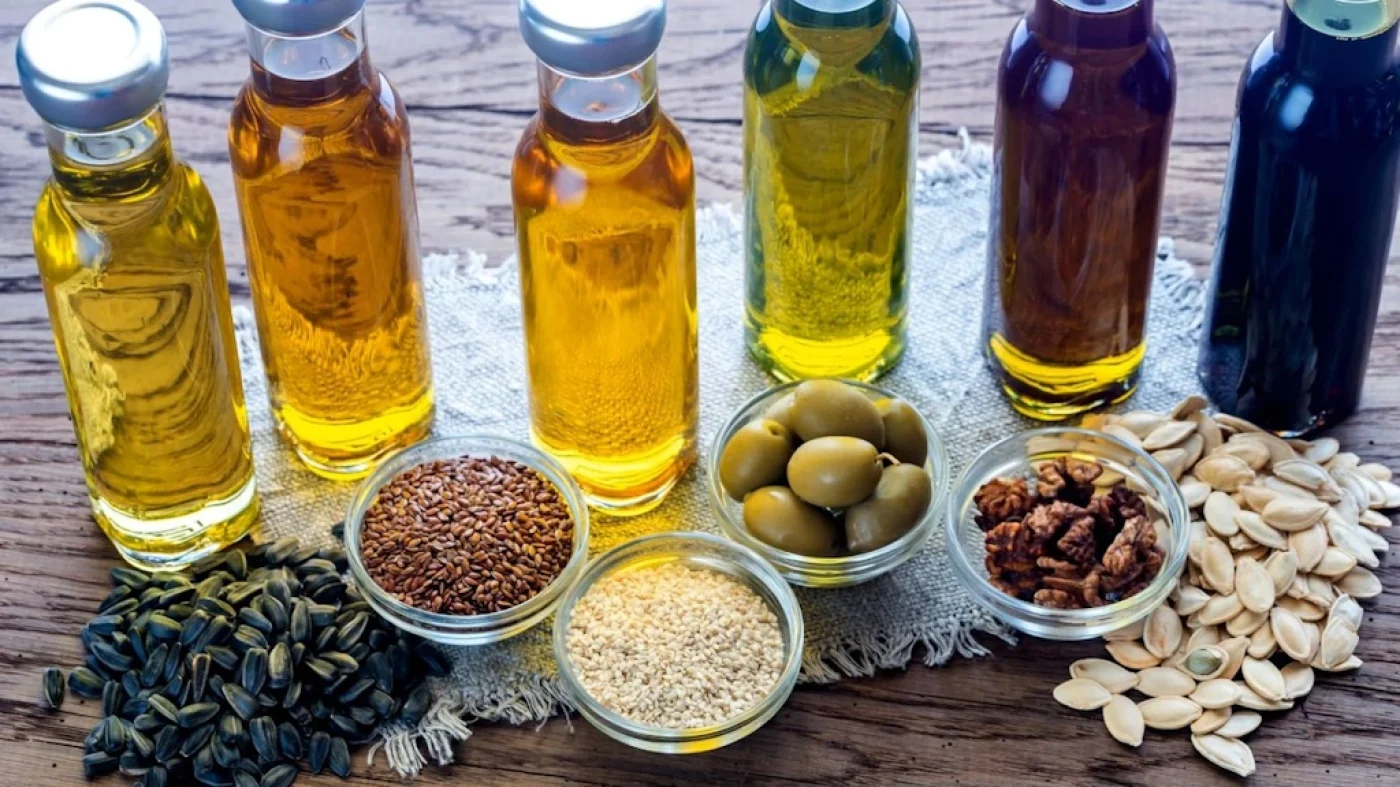
The oil that stands out as the best and healthiest in the world is Extra Virgin Olive Oil (EVOO), according to various scientific studies, including a recent one by the Spanish National Research Council (CSIC). The research, led by expert Javier Sánchez Perona and published in 2023, has solidified EVOO’s position as a fundamental pillar of a healthy diet, surpassing other edible fats and vegetable oils.
The CSIC study evaluated 32 common oils and fats, using a scoring model from 0 to 100 that considered the chemical composition of each product, its lipid profile, and the nutritional recommendations of international institutions such as the World Health Organization (WHO) and the Food and Agriculture Organization of the United Nations (FAO).
Extra Virgin Olive Oil obtained the maximum possible score: 100 points. This result is due to its exceptional balance of beneficial components. Other olive oils, such as flaxseed oil, common olive oil, and olive pomace oil, also obtained high scores, reaching 86 points. Most vegetable oils scored above 50 points, while fats of animal origin, such as lard and butter, received less than 50.
In contrast, coconut oil was ranked last with 0 points. The reason for this low score is its extremely high content of saturated fatty acids (around 90% of its composition), which contravenes global health guidelines that urge limiting their consumption. The study emphasized that the concentration of saturated fatty acids (considered harmful) and phytosterols (considered beneficial) are the factors that most influence the nutritional quality of fats.
Although oleic acid (a monounsaturated fat) was key in early research on olive oil, science has discovered that the majority of its healthy properties reside in phenolic compounds. These substances, which are largely eliminated during the refining process, are potent antioxidants and anti-inflammatories.
More than 30 phenolic compounds have been identified in virgin olive oil. Substances such as hydroxytyrosol, oleuropein, and tyrosol not only contribute to the oil’s stability but are also responsible for its distinctive sensory attributes, such as bitterness and pungency, and are crucial for its protective effects on the body. In fact, the European Union approved a health claim in 2011 that links olive oil polyphenols to the protection of blood lipids against oxidative damage. The consumption of virgin oil is, therefore, essential, as the refining process eliminates the vast majority of these bioactive compounds.
The benefits of consuming Extra Virgin Olive Oil have been proven in various areas of health, extending to the prevention and mitigation of chronic diseases, such as cancer, diabetes, and neurodegenerative diseases.
The most emblematic study supporting EVOO is PREDIMED (Prevention with Mediterranean Diet), research conducted in Spain between 2003 and 2011 with over 7,000 participants. Its results demonstrated that adopting a Mediterranean diet supplemented with Extra Virgin Olive Oil reduced the relative risk of suffering major cardiovascular diseases by 30%, such as heart attacks, strokes, or cardiovascular death. This underscores EVOO’s effectiveness in protecting the circulatory system, aligning with WHO and FAO recommendations to limit saturated fats and encourage the consumption of unsaturated fats.
In conclusion, science and epidemiological evidence position Extra Virgin Olive Oil as the superior oil for health, thanks to its rich composition in monounsaturated fatty acids and, above all, the presence of polyphenols with potent antioxidant and anti-inflammatory effects, making it an irreplaceable piece of the Mediterranean diet and a key element in the prevention of chronic diseases.
Important Note: aceitedelcampo.com promotes the consumption of extra virgin olive oil for its culinary qualities and health benefits. However, no medication or current treatment should be replaced without the guidance of a healthcare professional.
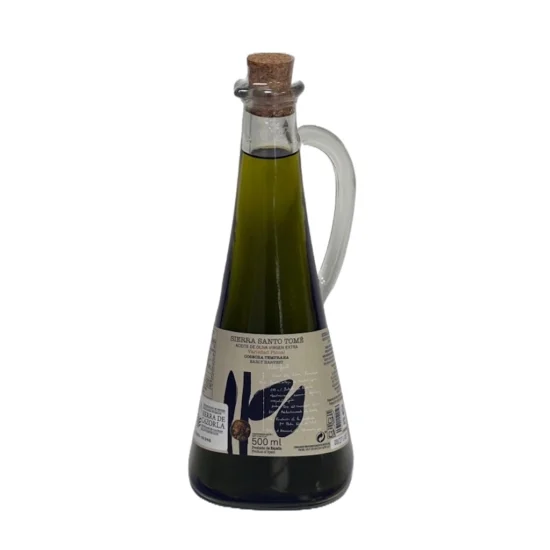
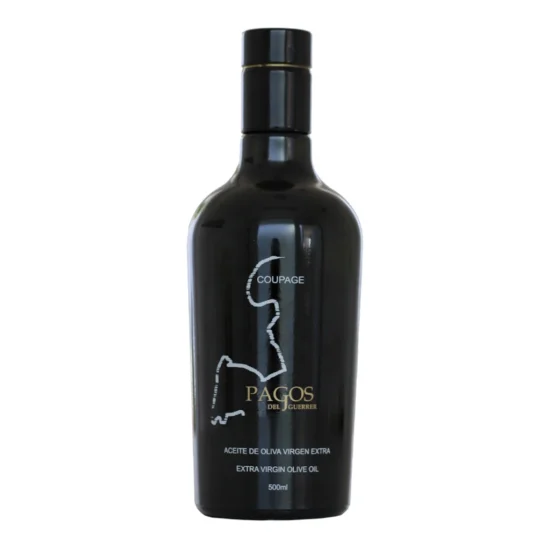
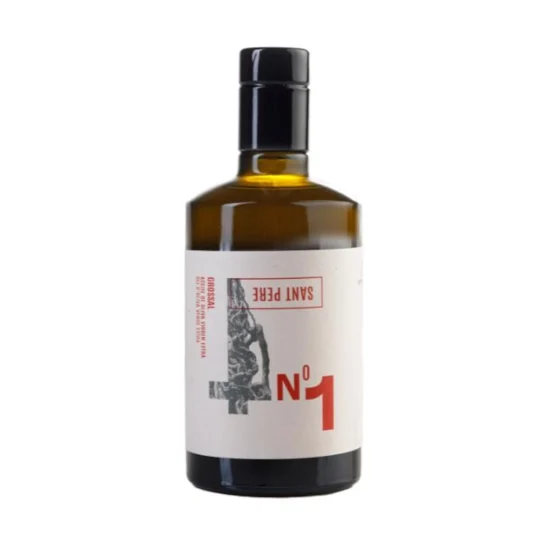
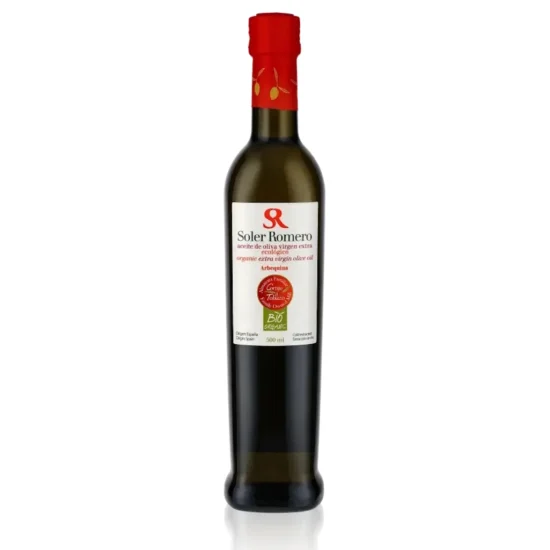
Subscribe and receive a coupon by email for your next purchase.